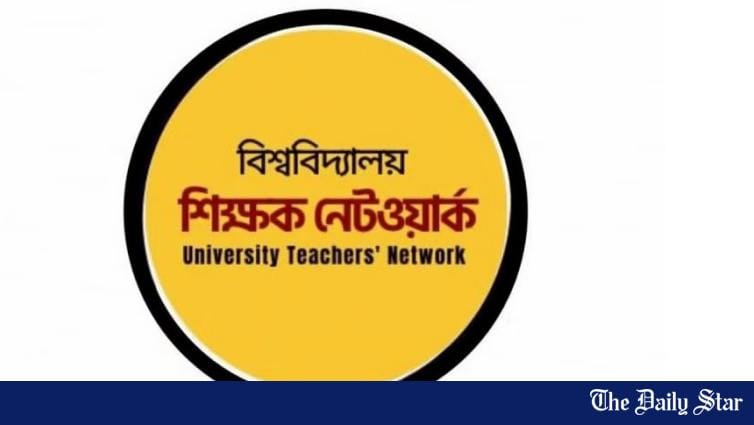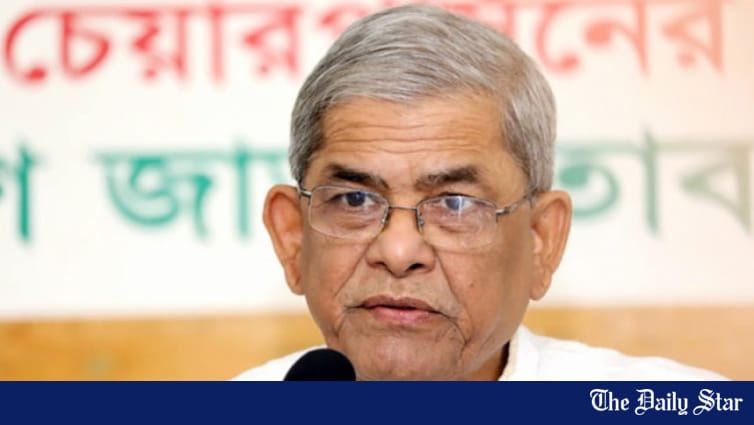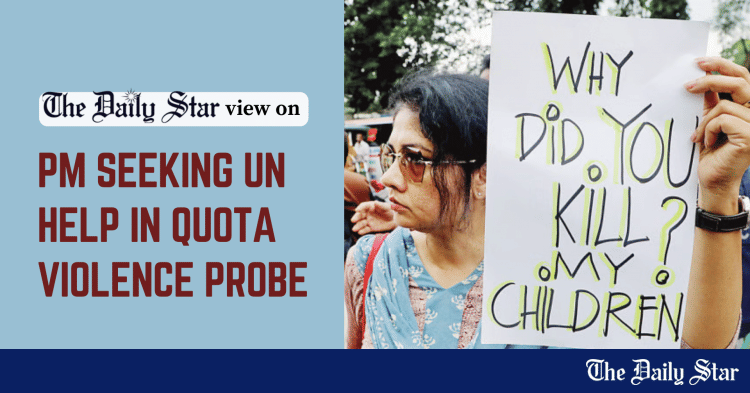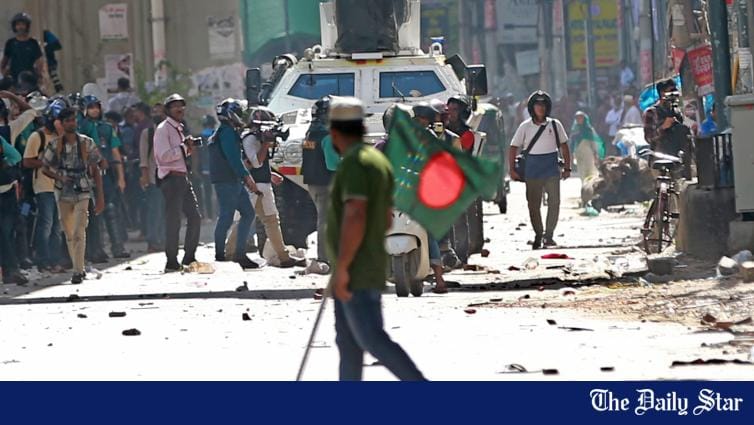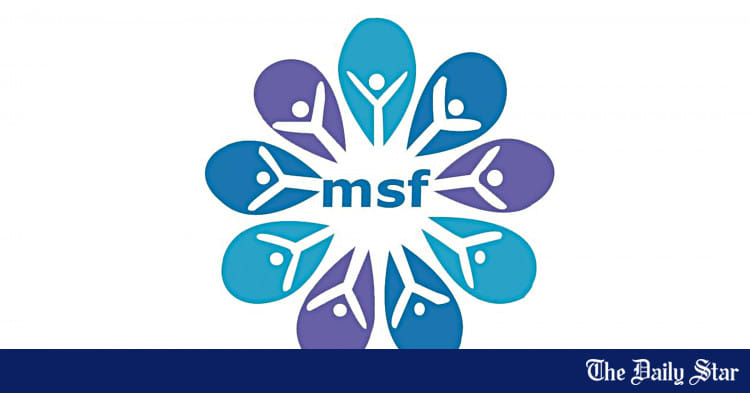Saif
Senior Operative
- 13,277
- 7,271
- Origin

- Axis Group

Protesters announce 'March for Justice' programme for Wednesday
FE ONLINE DESK
Published :
Jul 30, 2024 22:01
Updated :
Jul 30, 2024 22:01

File Photo
The Anti-Discrimination Student Movement has announced a 'March for Justice' programme for Wednesday at all educational institutions, courts, and streets across the country to push for their nine-point demand.
Coordinator Abdul Hannan Masud announced the programme in a press release on Tuesday night.
FE ONLINE DESK
Published :
Jul 30, 2024 22:01
Updated :
Jul 30, 2024 22:01
File Photo
The Anti-Discrimination Student Movement has announced a 'March for Justice' programme for Wednesday at all educational institutions, courts, and streets across the country to push for their nine-point demand.
Coordinator Abdul Hannan Masud announced the programme in a press release on Tuesday night.


